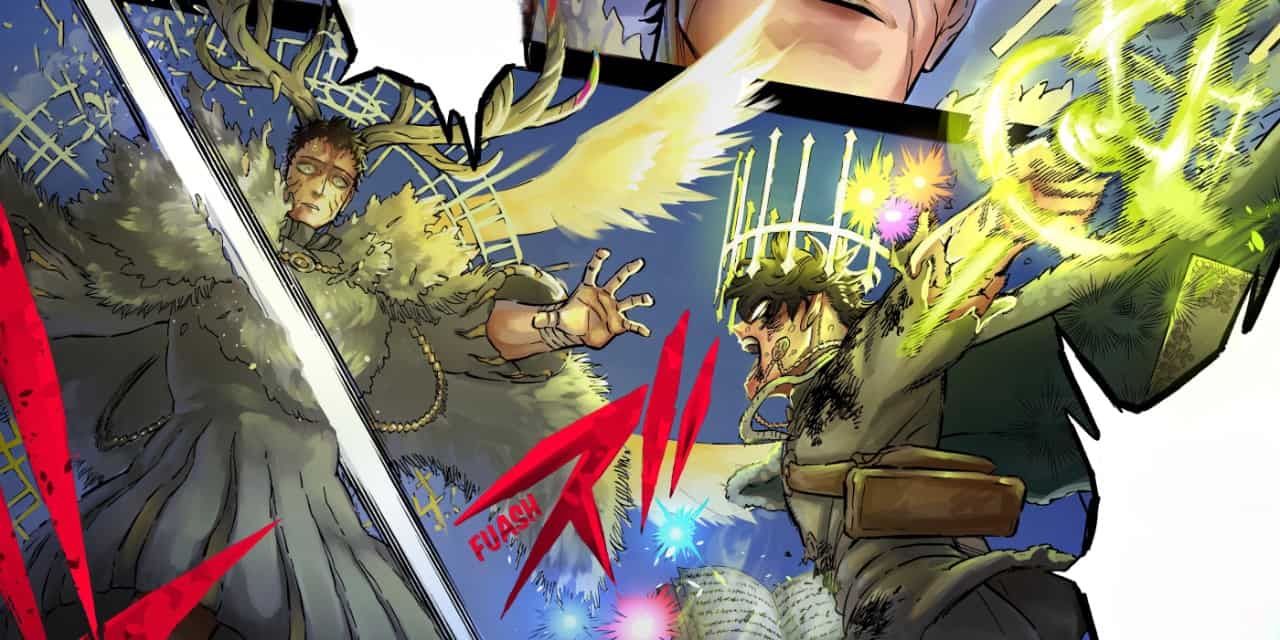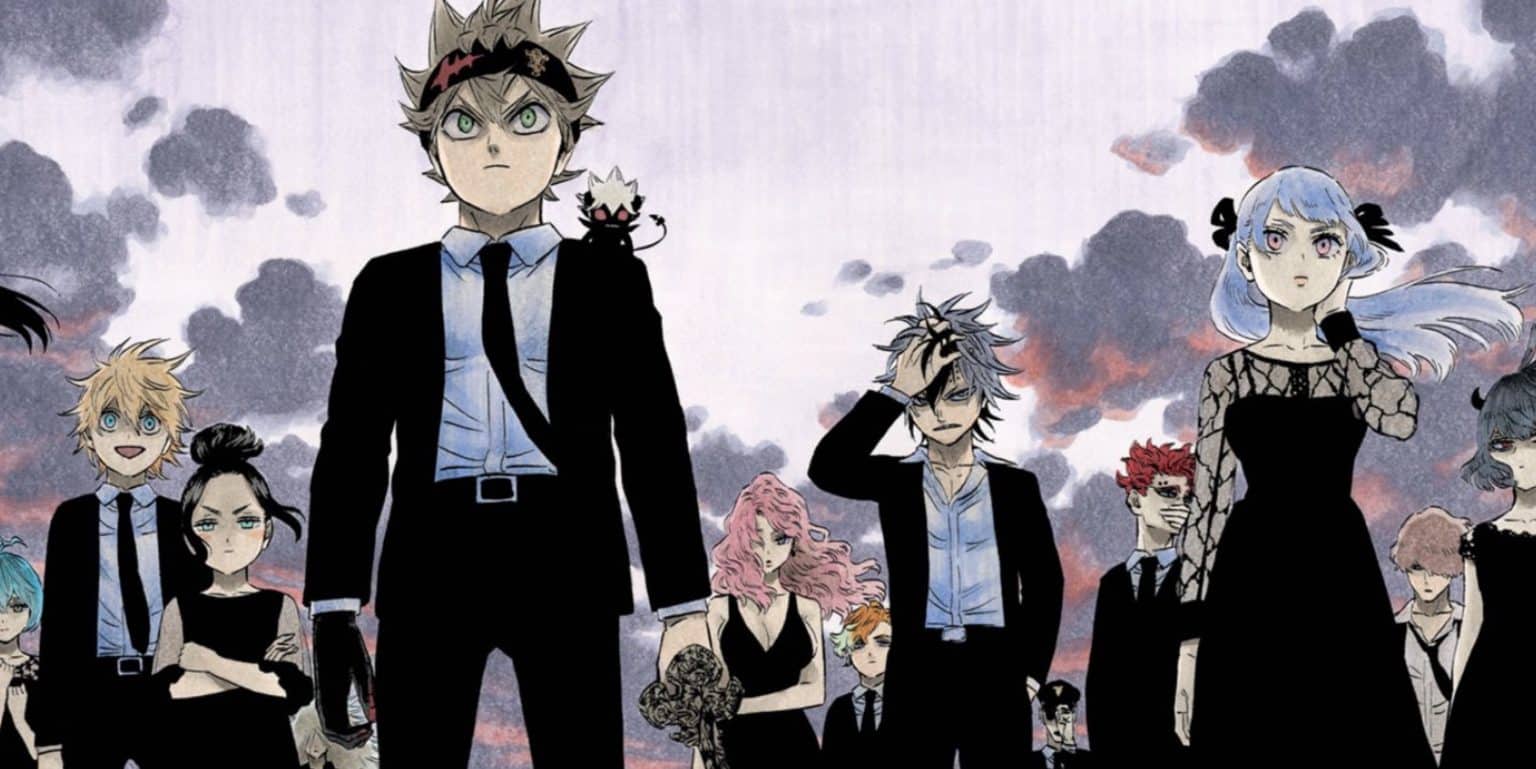The resounding success of Black Clover: Sword of the Wizard King has ignited a wave of change inside Studio Pierrot. According to recent industry whispers, the studio is reevaluating its commitment to the traditional weekly TV format, favoring a model that leans more toward high-quality, theatrical projects.
Released globally via Netflix with limited Japanese cinema screenings, the film surpassed expectations in both viewership and box office traction. This unexpected commercial achievement has become a turning point for Black Clover’s future—possibly setting the tone for how the series will be produced going forward.
Box Office Signals a Format Shift

The studio was reportedly surprised by how strong the response was overseas, particularly through Netflix’s global reach. Fans praised the animation quality, pacing, and overall production—which stood apart from the TV anime’s more compressed schedule.
Behind the scenes, this has started internal conversations about shifting from the fast-paced weekly TV model to a slower, movie-centered approach that allows more polish and control. Studio insiders claim the numbers from Sword of the Wizard King opened executive eyes to the value of theatrical releases.
Quality Over Quantity May Win

Black Clover’s TV adaptation had long suffered from production strains and animation shortcuts due to the weekly grind. The film’s reception demonstrated what the franchise could achieve when given more time and resources.
With movie success providing a proof of concept, there’s growing interest in creating a series of films that cover major arcs, potentially replacing or spacing out a return to regular TV episodes. This move mirrors how Demon Slayer’s Mugen Train arc redefined shonen anime profitability.
Rumors Around Future Releases

While no official announcement has been made, industry trackers and leakers have hinted that Studio Pierrot is already considering another film—possibly adapting the next major manga arc. Producers reportedly see the streaming-plus-theatrical model as sustainable, especially given its potential for international growth.
The studio is expected to keep watching how the film performs over time, especially in long-tail Netflix analytics. A second film, or a hybrid movie-miniseries format, could surface in the coming year.





